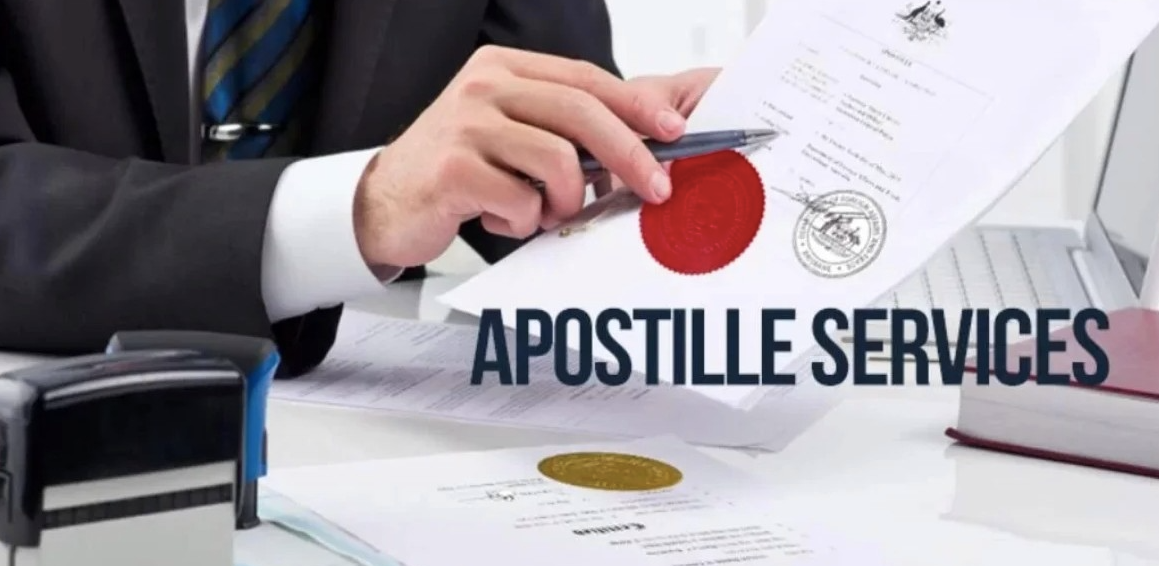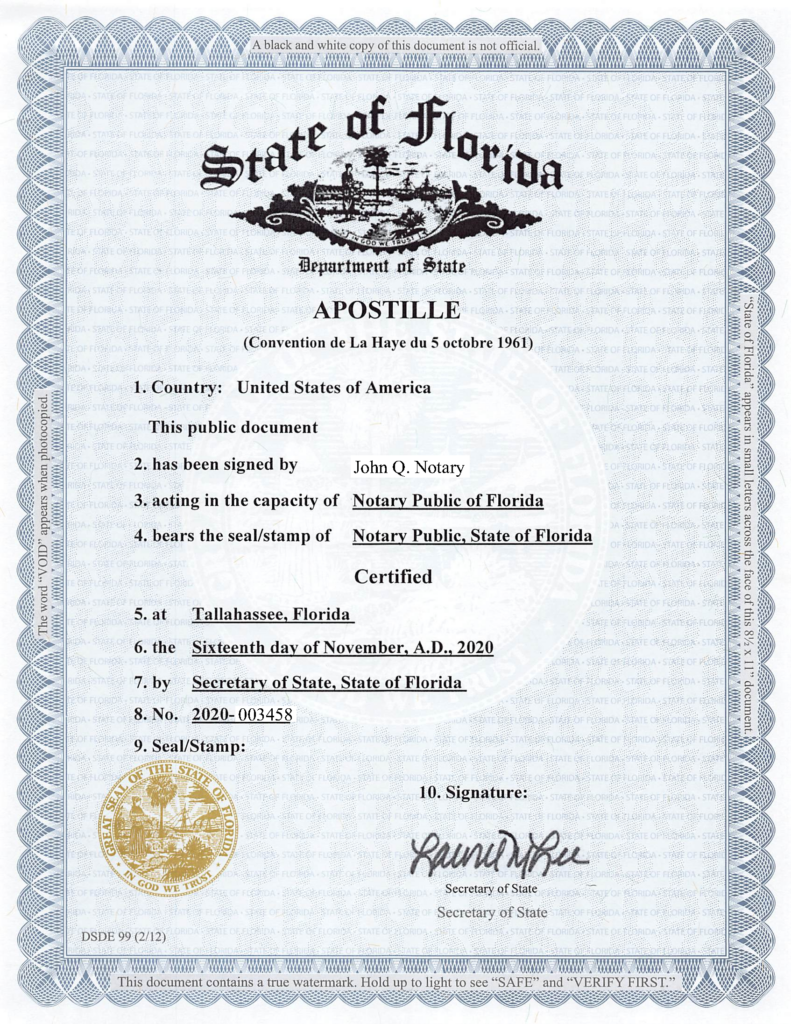Quick and Protected Houston Texas Apostille Handling
Quick and Protected Houston Texas Apostille Handling
Blog Article
Delving Into the Reasons Behind the Necessary Requirement of Apostille Accreditation for Legal Papers
In the world of legal paperwork, the necessary requirement of apostille qualification has come to be an important facet that dramatically affects the credibility and acknowledgment of lawful documents on a global range. Understanding the rationale behind this requirement entails diving into the elaborate web of legal complexities, historical criteria, and global arrangements that highlight the value of apostille qualification in today's interconnected globe. By exploring the underlying reasons behind this widespread demand, a more clear image emerges of why this apparently administrative process holds such immense significance for federal governments, people, and organizations alike.
Historical Evolution of Apostille Qualification
Just how did the concept of apostille qualification evolve with time to end up being a vital component of worldwide record recognition? The historical evolution of apostille certification go back to the early 20th century. The need for a streamlined method of validating papers for usage throughout borders became obvious as international trade and travel raised. In feedback to this requirement, the Hague Seminar on Personal International Regulation presented the Apostille Convention in 1961. This worldwide treaty established a structured process for licensing the credibility of papers to be identified in participant nations.
At first adopted by a couple of European nations, the Apostille Convention progressively acquired global acceptance because of its efficiency and efficiency in confirming the authenticity of official documents. Over the years, the convention's reach expanded as more nations joined, recognizing the apostille as a widely accepted type of paper authentication. Today, apostille certification has become a standard need for confirming legal papers in worldwide transactions, guaranteeing smooth communication and lawful proceedings in between nations.
Simplifying International File Legalisation
The streamlining of worldwide paper legalisation procedures has dramatically boosted performance in cross-border transactions. Simplifying the procedure of legalizing records for international use has actually ended up being critical in facilitating swift and seamless transactions in between countries. One of the crucial systems that have actually contributed to this simplification is the adoption of the Apostille Convention, which gives a standard approach for confirming the credibility of files across participating countries.
By sticking to the Apostille requirements, countries consent to identify each other's public documents as legitimate without the requirement for additional legalisation. This eliminates the lengthy and often difficult procedure of multiple authentications by different authorities, conserving time and sources for services and individuals taken part in worldwide activities.

Ensuring Document Credibility and Validity
To make sure the authenticity and validity of lawful papers in worldwide transactions, rigid verification processes are necessary. By requiring apostille accreditation for legal documents, authorities intend to authenticate the origin of records and validate the trademarks of individuals involved.
Moreover, validating the credibility of legal papers via apostille accreditation enhances depend on and self-confidence among parties taking part in worldwide deals. It provides assurance that the records offered are real and lawfully binding, thus lowering the risks related to deceitful tasks. In addition, making sure file credibility via apostille accreditation streamlines the legalisation procedure, making it much more reliable and reliable for people and companies performing service throughout borders. Eventually, by maintaining rigorous confirmation standards, apostille qualification adds to a much more safe and clear international lawful framework.

Promoting Cross-Border Legal Acknowledgment
In the world of worldwide deals, the apostille accreditation not only makes sure the credibility and credibility of lawful records but additionally plays a crucial function in assisting in cross-border lawful recognition (Houston Apostille). When legal documents bear an apostille certificate, they are readily approved by foreign authorities without the need for more verification. This structured process accelerates the acknowledgment of records in different nations, advertising performance and minimizing administrative hurdles in legal issues that go beyond national boundaries
Promoting cross-border lawful acknowledgment through apostille qualification cultivates count on and self-confidence in the authenticity of papers exchanged in between nations. By sticking to the criteria established forth by the Apostille Convention, countries agree to honor the apostille seals affixed to records from other member nations, hence streamlining the procedure of lawful acknowledgment throughout boundaries.
Compliance With International Treaty Criteria
Compliance with international treaty criteria is important for making sure the consistent application of lawful laws across taking part countries. The Apostille Convention, developed in 1961, details the needs for the approval of public papers among participant nations. By adhering to the requirements stated in this treaty, countries dedicate to identifying the credibility of each various other's authorities documents without the requirement for additional authentication - Houston Apostille. This common acceptance simplifies the process of cross-border file acknowledgment, advertising effectiveness and decreasing governmental obstacles.
The Apostille certification, as mandated by the treaty, functions as an assurance of credibility for files such as birth certifications, marriage licenses, court judgments, and notarized actions. This standard method aids stop scams and ensures that lawful documents stemming from one participant nation are easily accepted in another. Additionally, by abiding with worldwide treaty standards, countries Discover More demonstrate their commitment to promoting the concepts of transparency, count on, and collaboration in legal matters on a worldwide range.
Conclusion

In More Help the realm of legal paperwork, the obligatory requirement of apostille qualification has actually ended up being a vital aspect that considerably influences the validity and acknowledgment of lawful documents on an international scale. Today, apostille accreditation has actually become a typical need for verifying lawful papers in global transactions, making sure smooth communication and legal procedures between nations.
Additionally, verifying the credibility of lawful files through apostille qualification enhances trust and self-confidence amongst celebrations engaging in international purchases.In the realm of global transactions, the apostille accreditation not only ensures the authenticity and validity of lawful papers however additionally plays an essential function in facilitating cross-border legal recognition. By adhering to the criteria set forth by the Apostille Convention, countries concur to honor the apostille seals attached to documents from other participant countries, thus streamlining the procedure of legal recognition throughout boundaries.
Report this page